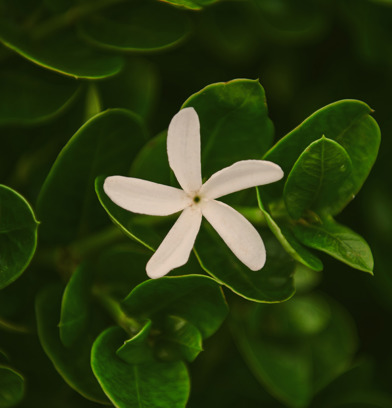Ecology is the science devoted to exploring the connections between living organisms and their surroundings. It touches many related fields, including botany, zoology, microbiology and physiology. At its core lie the essential dynamics that influence every form of life. By observing both habitats and the interactions within them, ecology offers insight into the lives we share this planet with, revealing the balance that supports all existence.

Plants
















